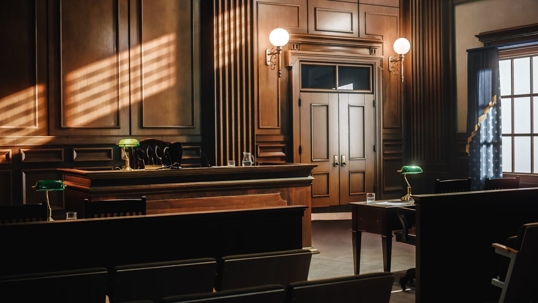We recently picked up a case where a person was held in jail for three weeks. The fact that the person was detained for those weeks was not what was so unusual about the case. Rather, what was interesting was that the client told us that he had never been before a judge for an initial appearance. In other words, he didn’t have a bond, didn’t know what his charges were, and didn’t know anything about his case.
Luckily, our office was able to get involved and get things going quickly. Within 48 hours of the client hiring us, we were able to set up an initial appearance (on a Saturday, no less), and he was immediately released on his own recognizance, which meant that he didn’t have to pay for a bondsman. What troubled me about his situation, though, was that in this particular county, there were a lot of people going through the exact same thing.
In Mississippi, once a person is arrested, they are entitled to an initial appearance. More specifically, Mississippi’s Rules of Criminal Procedure require that a person arrested must be taken before a judge within 48 hours after the person’s arrest. Once that person is taken before a judge, at that point the judge can notify the person of the charges, advise them of their rights, and set a bond. So that leads to a key question: what happens when a person is not taken before a judge within the required 48 hours?
The answer is actually very simple: the person must be released. That is not to say that they can be released on their own recognizance. Rather, the person must be released on the lowest possible appearance bond and given a date to appear before the court for their formal initial appearance. If the person is not released, then the law enforcement agency has a big problem, since they are effectively violating a person’s civil rights, all of which stem from the initial appearance.
Every person has the right to counsel, as well as the right to have access to the court. On top of that, a person has a right to NOT be punished before their trial. More practically, though, every person (unless they are disqualified) is entitled to pretrial release. If a person does not have their initial appearance, then the detaining law enforcement agency is depriving the person of their ability to exercise every one of those rights, which in turn means that there is a very real possibility of a civil lawsuit against the law enforcement agency.

